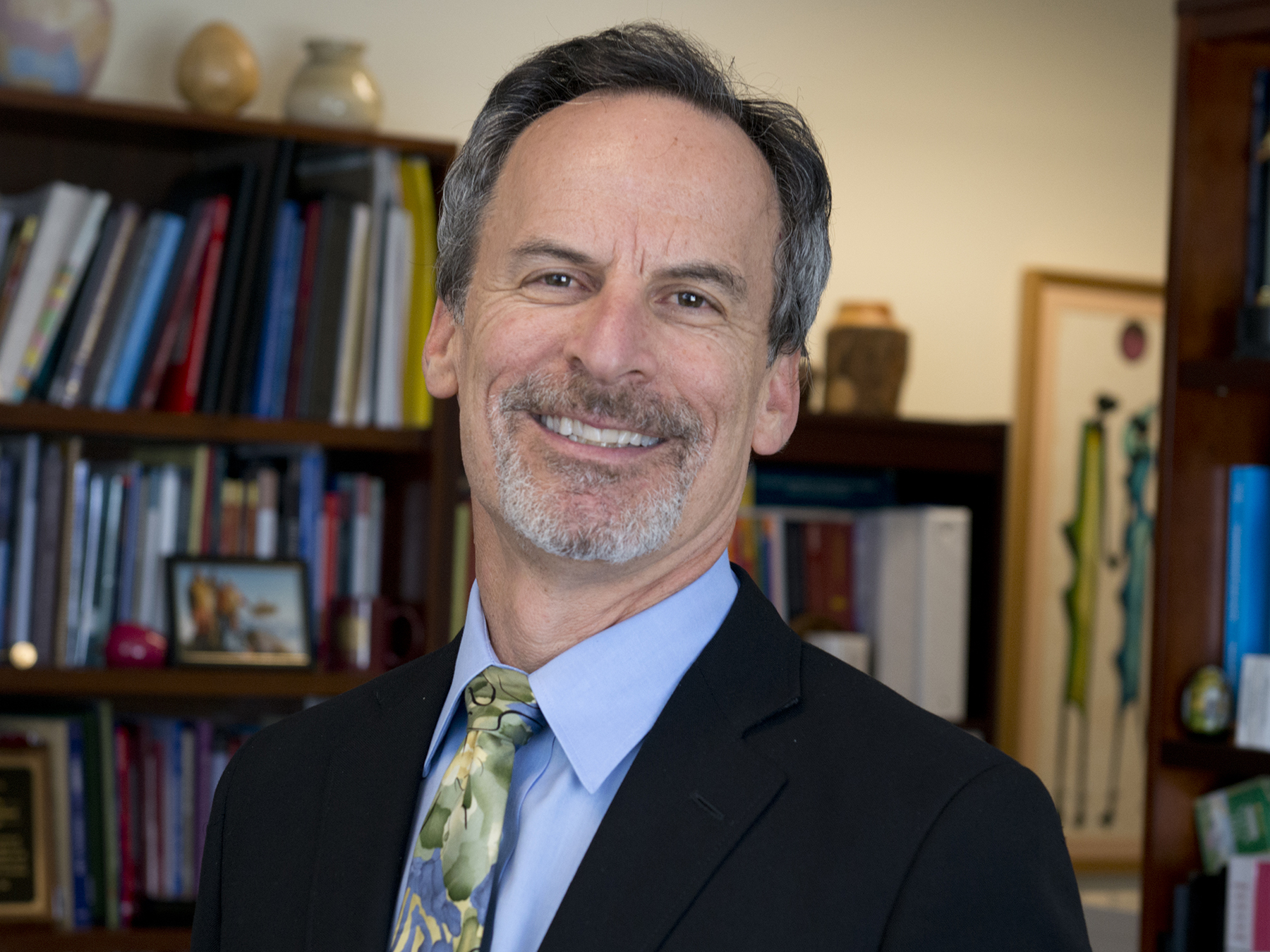Professor Steve Friedland, recognized as one of the nation’s best law school professors, used neuroscience and educational theory in a presentation to the 2020 CALIcon conference in which he offers best practices for helping students overcome fatigue and distractions that occur in virtual learning.
Students enrolled in online courses often encounter four obstacles – fatigue, distraction, lack of motivation, and easily forgotten material – that can hinder their learning.
At the same time, according to one Elon Law scholar who has been listed among the best law school professors in the nation, educators can minimize those obstacles to student success using best practices influenced by emerging research.
Professor Steve Friedland shared that research on June 3, 2020, and offered suggestions for motivating and engaging students when he delivered an online presentation to hundreds of educators and technology experts taking part in an annual conference hosted by the Center for Computer-Assisted Legal Instruction.
CALIcon describes itself as “one of the longest-running legal education conferences in the United States,” bringing together together law school faculty, librarians, IT professionals, and administrators “to share ideas, innovations, experiences and best practices in legal education/technology.”
“I just have one goal,” Friedland said in his opening remarks. “It’s to show that educational neuroscience – a combination of brain science, cognitive science, psychology and educational theory – can help us teach online, and hopefully beyond the emergency triage approach that we have been taking this spring.”
To prevent learning fatigue, Friedland recommended that professors who teach online take multiple breaks – perhaps as often as every 30-45 minutes. Doing so allows a student’s “conscious mind” to better understand course materials, rather than allow the “unconscious mind” to arrive at faulty conclusions.
Distractions can also interrupt student learning when class is held virtually. Friedland encourages professors to stop thinking about “online learning” and rather consider their instructional delivery as “mobile learning” that could include posing questions before class, creating podcasts and videos for consumption prior to meeting, and to have students submit questions in advance of lectures.
Motivating students is equally important, he said. Professors should find ways to infuse lessons with a moderate level of emotion to spark student participation. They can also “preview” what students should expect to encounter later in the course as a way to help them understand the importance of what is being taught at the time.
Friedland concluded his presentation by noting that remote learning is difficult. Important information should be reviewed and reemphasized at regular intervals.
“When students come into a class, what they learn is built on top of their foundation from before – they’re learning from earlier,” Friedland reminded his audience. “They’re not all the same. And if they don’t have that strong foundation, they may not learn as well as others, even though they’re receiving the same information.”
Friedland is a founding member of the law school faculty. In addition to law teaching, he has served as an Assistant U.S. Attorney for the District of Columbia and as an Assistant Director of the Office of Legal Education in the Department of Justice.
Friedland is an accomplished scholar who has published articles in several renowned journals. His books on Evidence Law, Constitutional Law, Criminal Law and Procedure and Law School Teaching have been published by the West Publishing Company, Aspen Press, Lexis Publishing Company and Carolina Academic Press.
Friedland was elected to the American Law Institute, served as a member of the Board of Trustees of the Law School Admission Council, and is a current member of the Lexis Advisory Board. He has won numerous teaching awards at several law schools over three decades and was named one of the best law teachers in America by the Harvard University Press book, “What the Best Law Teachers Do.”



